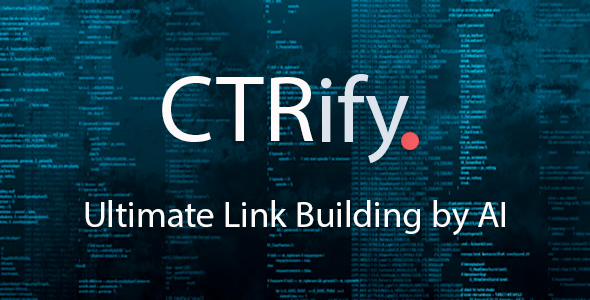common tasks associated with on-page SEO include optimizing for search intent, title tags, internal links, and URLs. Would you like to know which on-page SEO elements you need to optimize? We've put together this simple (yet actionable) list of the 12 most important factors. Expertise, Authority, and Trustworthiness, or E-A-T for short, is a concept that Google uses to assess the quality of content on pages and websites. The title tag should introduce the topic of the
page. Bythemselves, title tags aren't an essential element on the page. Or if you have a page that sells a product, the product name should be in the title tag. These are quick and easy benefits for on-page optimization. The text that appears on a search results page under the title tag is known as a meta description
.You've got more characters to work with than a title tag, which should explain in more detail what the page is about. Each page should have an H1 tag and H2 tags to describe the key categories of information on the page. So make sure you alt tag a multimedia element on your page every time. Treat it as a title tag for the medium in question
.We've touched on this before in terms of the E-A-T principle that Google follows, but there's more to it than that. More than 50% of all online traffic is now carried over telephones. As a result, Google now indexes websites based on their mobile pages rather than on their desktop pages. Give us your website (or customer) and we'll analyze the website's SEO elements (on-page, URL value, competitor, etc.) and then organize that
data into an actionable SEO audit.On-page SEO depends on the actual content of the page, which means that everything on the site can fall into the area that potentially affects search engine optimization — this includes text, metadata, multimedia content, HTML code, CSS, JavaScript, and more. On-page SEO, sometimes referred to as on-page SEO, is the process of optimizing a page's content, tags, and internal links to improve search visibility and increase traffic. On-page SEO (also known as on-page SEO) is the process of optimizing websites and their content for both search engines and users. For on-page SEO, this means you need to convince Google that the information contained on your website can be considered high-quality
.On-page SEO is everything you can do internally to improve your ranking, including keyword optimization, meta descriptions, title tags, alt text, and website structure. On-page SEO helps search engines analyze your website and associated content so they can see if a searcher's request is relevant to your site. When you put all of these aspects of a website together, you get an improved website thanks to on-page SEO. Learn more Contact Radd for more information about why on-page SEO is important, or for
services from SEM agencies.On-page SEO refers to the elements on a page on your website that you can optimize to improve search rankings. On-page SEO is the process of optimizing a page's content, tags, and internal links to improve search visibility. When you combine all on-page SEO factors, they make up an important part of any SEO strategy. Aside from the on-page SEO strategies already mentioned, there are other important elements that are critical to a website's success
.When you work on on-page optimization for each of these elements, you make it easier for search engines to crawl and understand your page.





